Protests continue amid Tokyo's moves to dump nuclear-contaminated water
Protests continued in South Korea and Japan as Tokyo moves closer to begin its plan to discharge Fukushima nuclear-contaminated water into the Pacific Ocean.
Lee Jae-myung, chairman of the main opposition Democratic Party, sent a letter to Japanese Prime Minister Fumio Kishida on Friday, urging him to suspend the planned discharge of over 1 million tons of nuclear-contaminated water from the wrecked Fukushima Daiichi nuclear power plant.
In the letter delivered via Japanese diplomats in Seoul, Lee expressed South Korean people's concern and opposition to the planned release, DP's chief spokesman Kwon Chilseung said on Monday, according to Xinhua News Agency.
Lee listed five proposals in the letter, including launching a standing consultative body for environmental impact assessment, and finding safe alternatives together through cooperation with the international community.
On March 11, 2011, an earthquake and tsunami destroyed the Fukushima Daiichi plant's power supply and cooling systems, sparking a nuclear accident, as it caused three reactors to melt and contaminated the cooling water. The radioactive water is collected, filtered and stored in around 1,000 tanks, which will hit their capacity of 1.37 million tons in early 2024.
Japanese and South Korean civic groups gathered in front of the Japanese prime minister's official residence on Monday in opposition to the administration's plan to discharge nuclear-contaminated water from the Fukushima plant into the ocean.
People attending the rally said the Japanese government's insistence on discharging nuclear-contaminated water into the sea is an irresponsible move.
They raised doubts over the Japanese government's claim that the nuclear-contaminated water will be diluted before being released. Whether diluted or not, the protesters said, the overall radioactive substance level in the water remains unchanged.
They stressed discharging the radioactive water into the ocean will have a significant impact on the global marine environment.
Last week, a similar protest was held by Japanese people in front of the Ministry of Economy, Trade and Industry in Tokyo.
Protesters said on Friday the ocean discharge plan is unacceptable because it poses a significant danger of radioactive contamination and will adversely affect the marine ecosystem and human health.
Shirakura Mayumi, a 74-year-old store owner in Tokyo, held a poster saying "Don't dump radioactive water into the ocean" during the protest.
Another Tokyo resident who declined to give her name spoke of distrust over the Japanese government in front of the Ministry of Economy, Trade and Industry in Tokyo.
The South Korean Committee against Ocean Discharge of Contaminated Water from Japan's Fukushima Nuclear Power Plant voiced the same concerns.
'Opaque' information
"The information provided by the Japanese government has been opaque and inappropriate," said the committee, which published a resolution to urge the South Korean government to devise strong strategies to oppose Japan's discharge plan.
South Korea will certainly suffer losses if Japan starts to discharge nuclear-contaminated water from the Fukushima plant, according to the committee.
Noting the ocean should not become a nuclear dump, the committee also urged the Japanese government not to ignore the voices of Japanese people and neighboring countries and that it should come up with safer alternatives.
The International Atomic Energy Agency said in early July that it found Japan's plan to release nuclear-contaminated water into the sea consistent with international standards, then stressed it was not equal to approval.
Yet, South Korea's Hankyoreh newspaper said it found that, through investigation, the performance of the Advanced Liquid Processing System, a key facility for ensuring the safe discharge of the contaminated water, seemed to have never been verified by the IAEA since its installation in 2013.
"If we want to say that the discharge of contaminated water is safe, we need to have evidence that shows a fair evaluation of the performance of ALPS when it comes to the removal of radionuclides," said Han Byeong-seop, the head of the Institute for Nuclear Safety.
On Monday, the South Korean government published a post on its official Facebook page about its daily briefing on Japan's discharge plan. It said South Korea's sea and fish products remain safe for people.
"It is the South Korean government's responsibility to stop Japan from carrying out the discharge plan," a netizen wrote in the comments section. "Are you a spokesperson for Japan?"








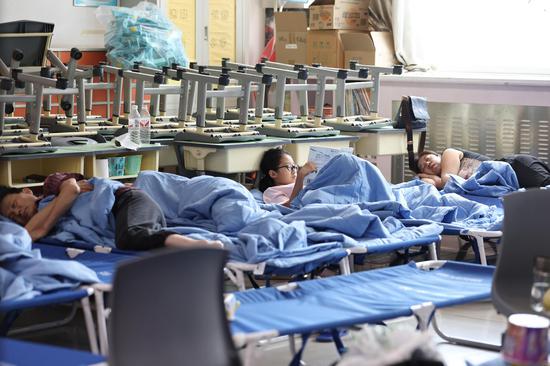

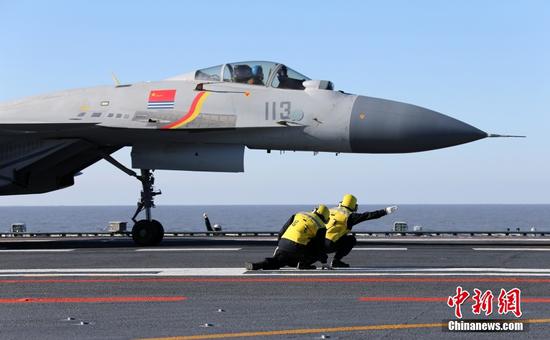
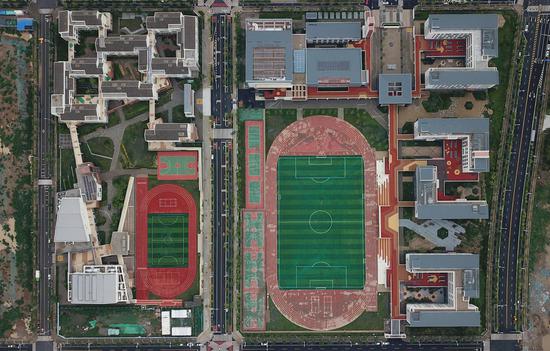
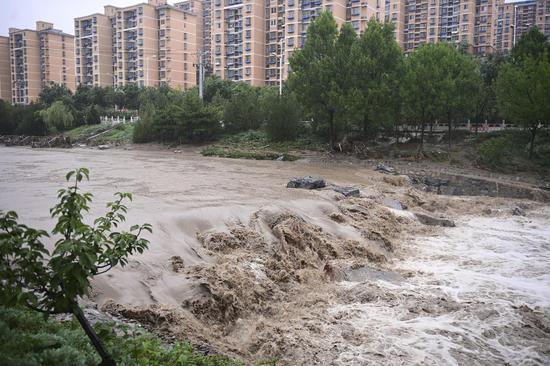

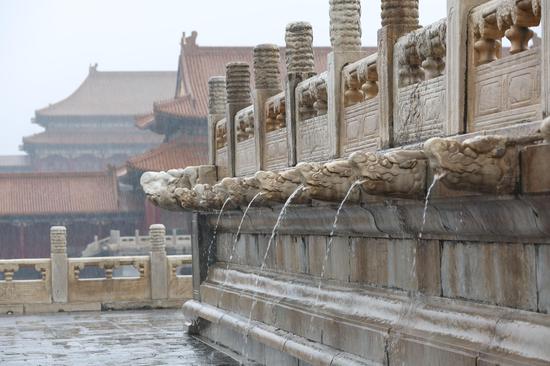

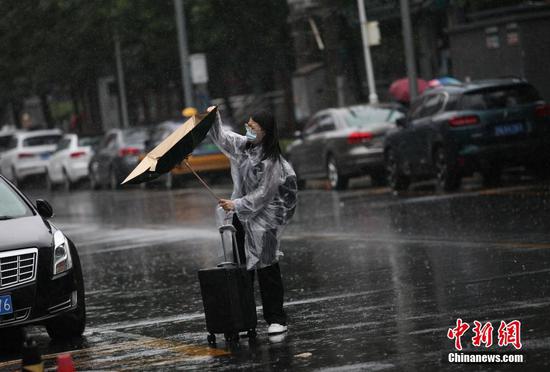
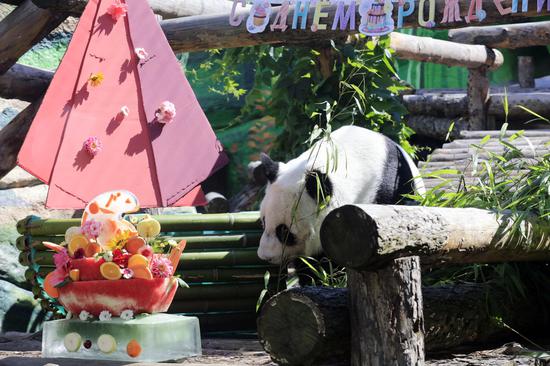
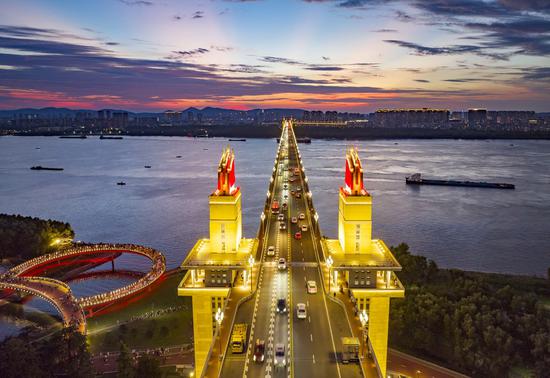
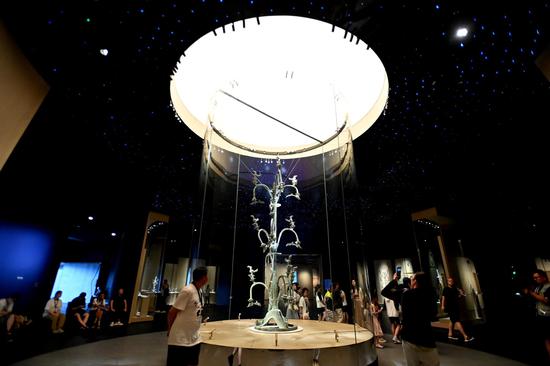



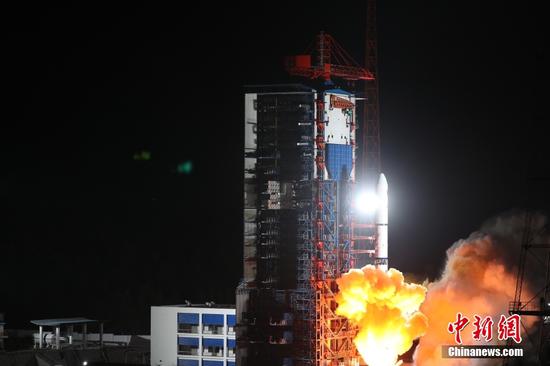
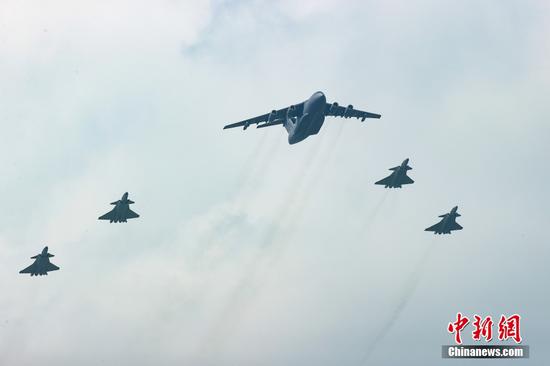
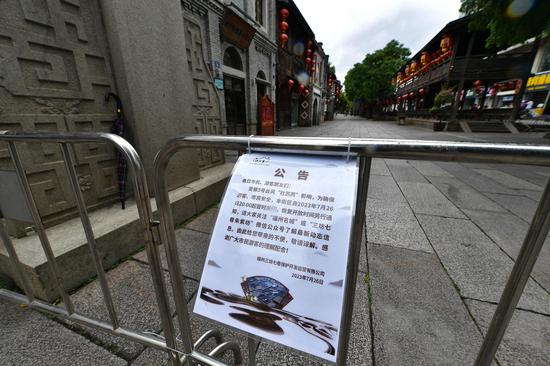
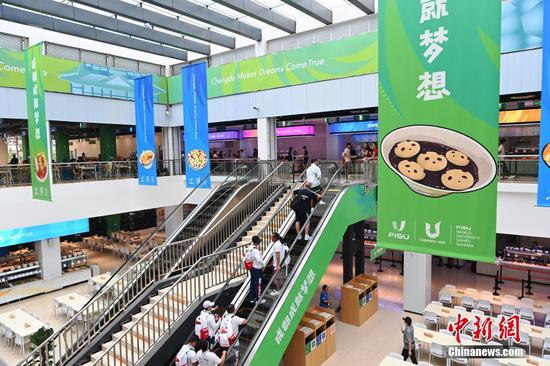
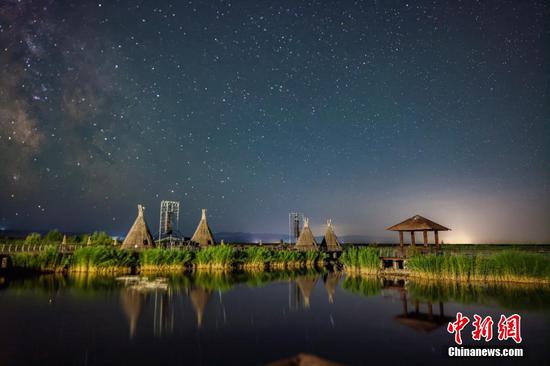
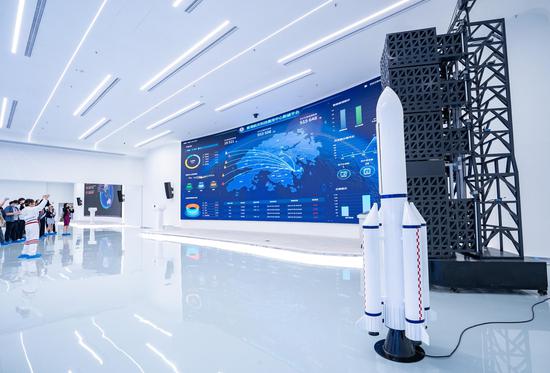
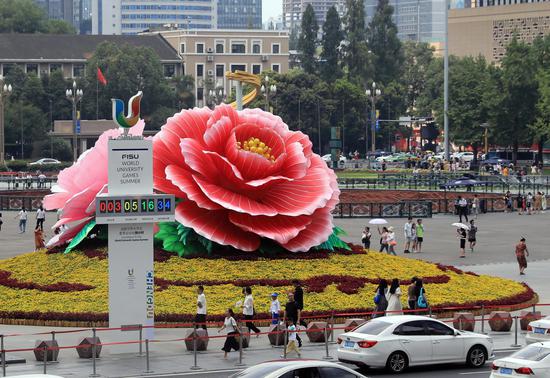

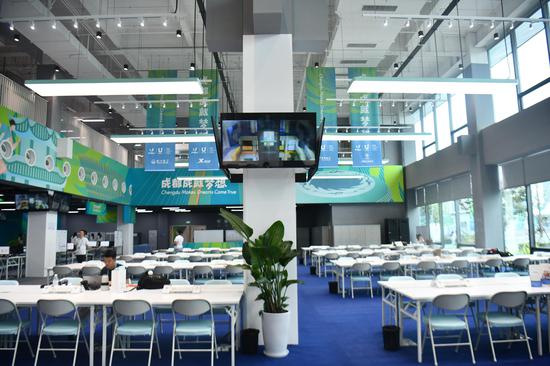
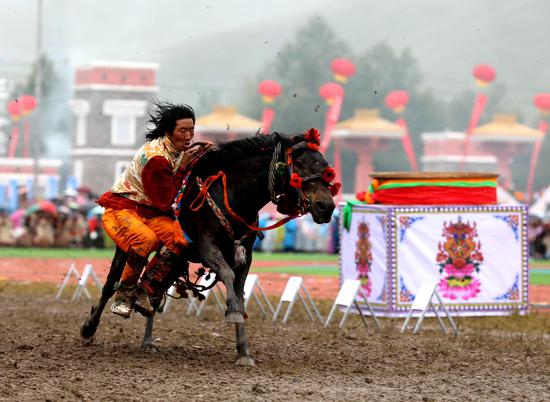


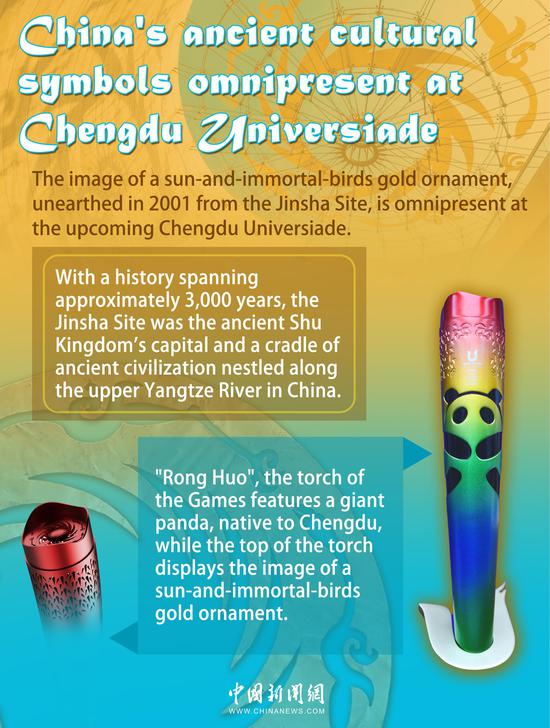


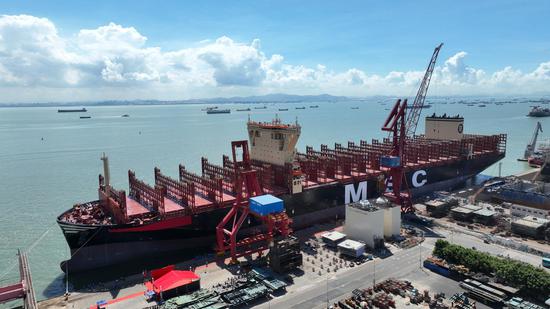

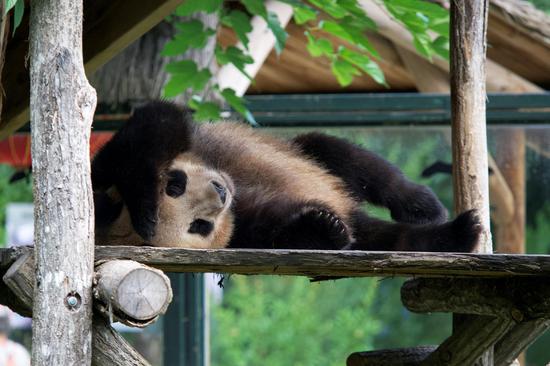
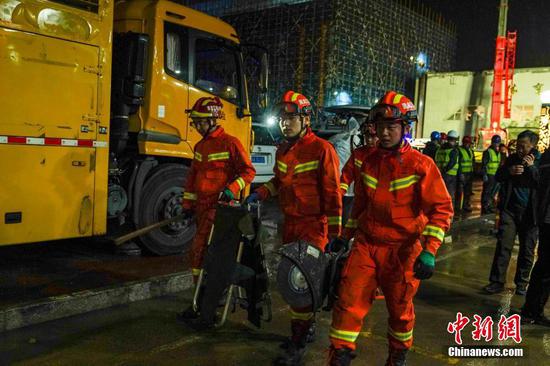

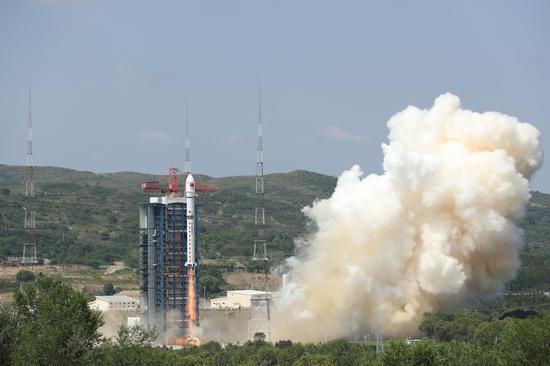
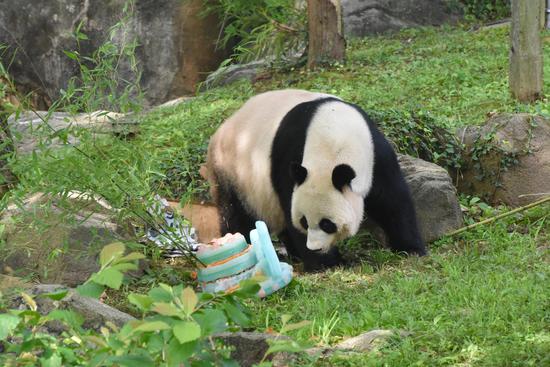





 京公網安備 11010202009201號
京公網安備 11010202009201號